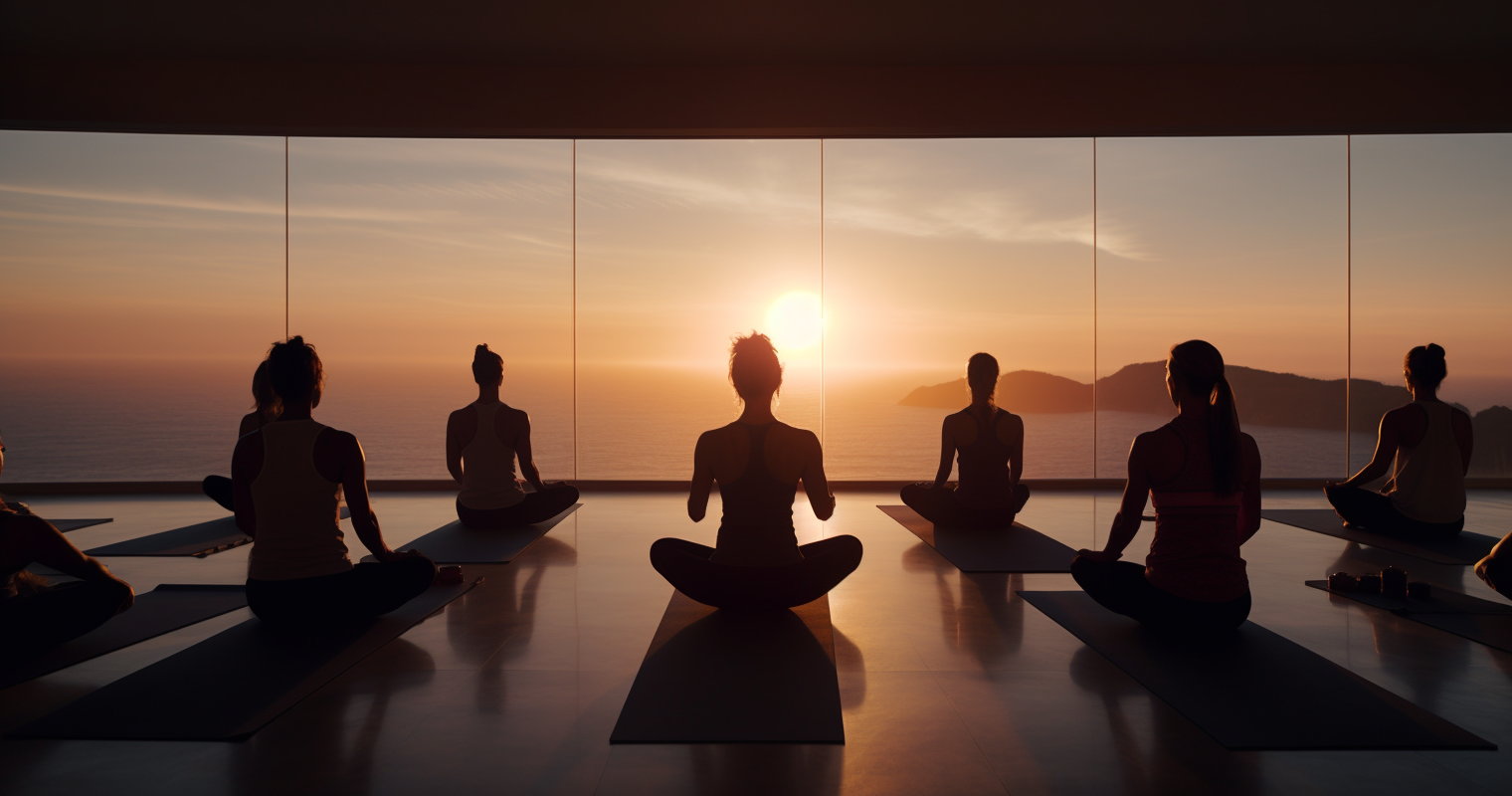Overview of Complementary and Alternative Medicine in Morocco
Complementary and Alternative Medicine (CAM) has been practiced in Morocco for centuries, with many traditional healing practices still widely used today. CAM in Morocco includes practices such as herbal medicine, acupuncture, and massage therapy, among others.
Herbal Medicine in Morocco
Herbal medicine is a form of CAM that involves the use of plants and plant extracts to promote healing and prevent illness. In Morocco, herbal medicine is deeply ingrained in the country’s traditional healing practices and is often used in conjunction with other forms of traditional medicine.
One organization that supports herbal medicine in Morocco is the Moroccan Association for Medicinal and Aromatic Plants. The association was founded in 2003 and aims to promote the use of medicinal and aromatic plants in Morocco, as well as the scientific study of these plants. The Moroccan Association for Medicinal and Aromatic Plants provides training and support to herbalists, as well as advocating for the recognition of herbal medicine as a legitimate form of healthcare.
Acupuncture in Morocco
Acupuncture is a form of CAM that involves the insertion of thin needles into specific points on the body to promote healing and relieve pain. In Morocco, acupuncture is becoming increasingly popular and is often used in conjunction with other forms of traditional medicine.
One organization that supports acupuncture in Morocco is the Moroccan Association of Acupuncture. The association was founded in 2003 and aims to promote the practice and study of acupuncture in Morocco. The Moroccan Association of Acupuncture provides training and support to acupuncturists, as well as advocating for the recognition of acupuncture as a legitimate form of healthcare.
Massage Therapy in Morocco
Massage therapy is a form of CAM that involves the manipulation of soft tissues to promote healing and relaxation. In Morocco, massage therapy is widely available and is often used in conjunction with other forms of traditional medicine.
One organization that supports massage therapy in Morocco is the Moroccan Federation of Massage Therapists. The federation was founded in 2005 and aims to promote the practice and study of massage therapy in Morocco. The Moroccan Federation of Massage Therapists provides training and support to massage therapists, as well as advocating for the recognition of massage therapy as a legitimate form of healthcare.
Regulation of CAM in Morocco
In Morocco, CAM is not regulated by the government. This means that there are no specific licensing requirements or regulations in place for CAM practitioners.
However, many CAM practitioners in Morocco are members of professional organizations, such as the Moroccan Association for Medicinal and Aromatic Plants or the Moroccan Federation of Massage Therapists. These organizations often have their own standards and qualifications for membership, which can provide some level of assurance to patients seeking CAM therapies.
Challenges Facing CAM in Morocco
One of the main challenges facing the practice of CAM in Morocco is the lack of standardization and regulation. Without specific licensing requirements or regulations in place, it can be difficult for patients to know if they are receiving treatment from a qualified and competent practitioner.
Another challenge is the lack of scientific evidence to support the efficacy of some CAM practices. While many CAM therapies have been used for centuries, there is a need for more rigorous scientific studies to establish their safety and effectiveness.
Complementary and Alternative Medicine (CAM) has a long history in Morocco, with many traditional healing practices still widely used today. While there are challenges facing the practice of CAM in Morocco, organizations such as the Moroccan Association for Medicinal and Aromatic Plants, the Moroccan Association of Acupuncture, and the Moroccan Federation of Massage Therapists are working to promote the practice and study of CAM and advocate for its recognition as a legitimate form of healthcare.
Patients seeking CAM therapies in Morocco should ensure that they are receiving treatment from qualified practitioners who have undergone proper training and education in their respective fields. It is also important to consult with a healthcare provider before beginning any new CAM therapy, particularly if it will be used in conjunction with conventional medicine.
As CAM continues to gain recognition in Morocco and around the world, it is important for practitioners and organizations to work towards standardization and regulation to ensure the safety and effectiveness of these therapies.

